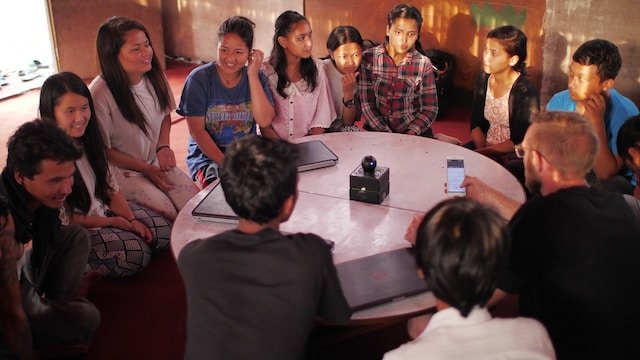The use of drama to explore the experience of Hong Kong’s post-colonial identity
Hong Kong’s post-colonial identity has been a topic of continuous discussion and investigation since the end of British rule in 1997. Using drama is a powerful way of examining this complex issue, providing a platform for creative expression and engaging audiences in thought-provoking and meaningful ways.
Telling Personal Stories
One approach to using drama to explore Hong Kong’s post-colonial identity is to focus on personal stories. By telling the stories of individual Hong Kongers and their experiences living in a post-colonial city, plays can shed light on the complex and nuanced issues surrounding Hong Kong’s cultural identity.
These stories can include accounts of the challenges and valuable opportunities that come with living in a post-colonial society, including issues related to language, cultural customs, and identity. By portraying these experiences in a vivid and profound way, plays can encourage audiences to reflect on their own experiences and perspectives on these issues.
Examining Historical and Political Context
Another approach to using drama to explore Hong Kong’s post-colonial identity is to examine the historical and political context of the city’s transition from a British colony to a Special Administrative Region of China. Plays can explore the social, cultural, and political implications of this transition, including issues related to identity, nationalism, and cultural expression.
By examining this context in a dramatic and engaging way, plays can help audiences better understand the complex and nuanced issues surrounding Hong Kong’s post-colonial identity. They can also encourage reflection on the wider implications of imperialism and post-colonialism in other areas of the world.
Encouraging Discourse and Engagement
Drama provides a unique opportunity for audiences to engage with complex issues in a meaningful way. Using dynamic and engaging storytelling, plays can encourage discourse and reflection on important social and policy-related issues, such as Hong Kong’s post-colonial identity.
By creating a space for open conversation, drama can encourage audiences to consider different perspectives and challenge their own assumptions and biases. This can ultimately lead to greater understanding, empathy, and a deeper appreciation for the diverse cultural identities that make up Hong Kong’s post-colonial society.
Conclusion
In conclusion, the use of drama provides a powerful resource for exploring the complex and nuanced issues surrounding Hong Kong’s post-colonial identity. By telling personal stories and examining historical and political context, plays can shed light on the challenges and opportunities that come with living in a post-colonial society.
By encouraging discourse and engagement, drama can provide a platform for audiences to explore different perspectives and challenge their own assumptions and biases. This can ultimately lead to greater understanding and empathy, and a deeper appreciation for the rich cultural tapestry that makes up Hong Kong’s post-colonial society.
Are you looking for a fresh and exciting way to engage your school’s drama program or your child’s creativity? Try YouTube drama! It’s a fun and modern way for students to create and perform in their own videos. YouTube drama is flexible, convenient, and can even reach a wider audience. Plus, it teaches valuable skills like video production, editing, and storytelling. Click here to learn more about how YouTube drama can benefit your school’s drama program.






